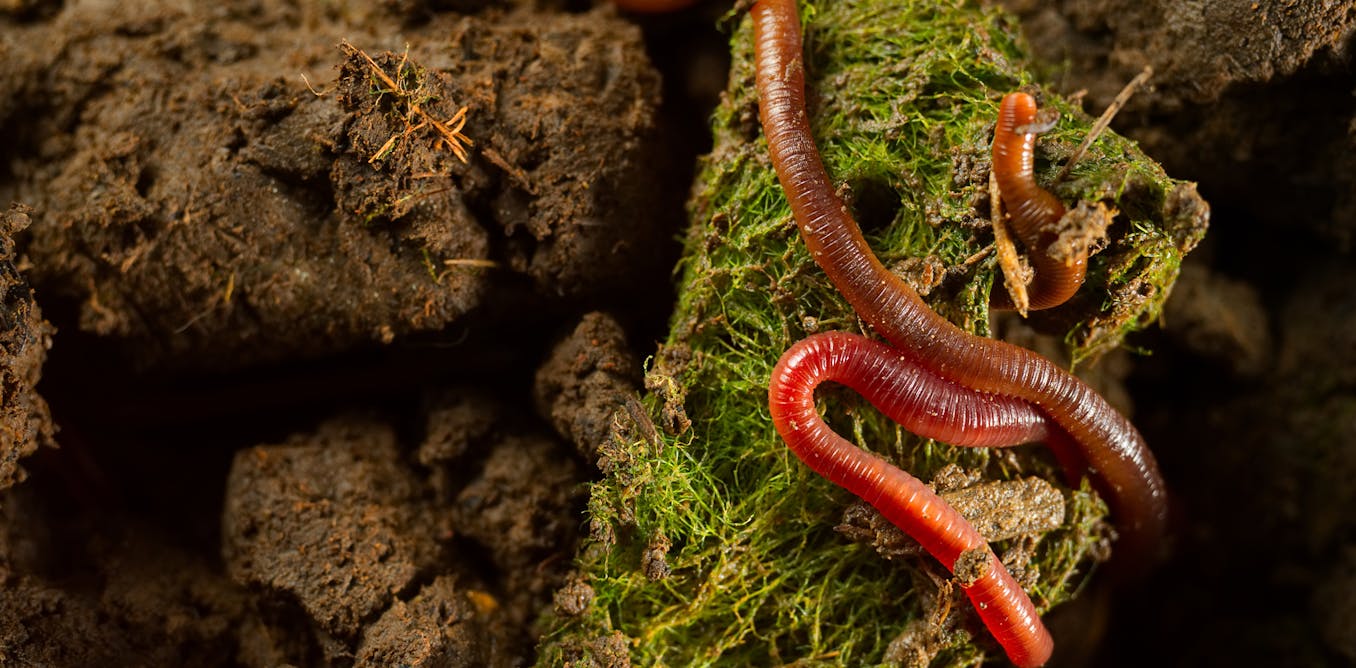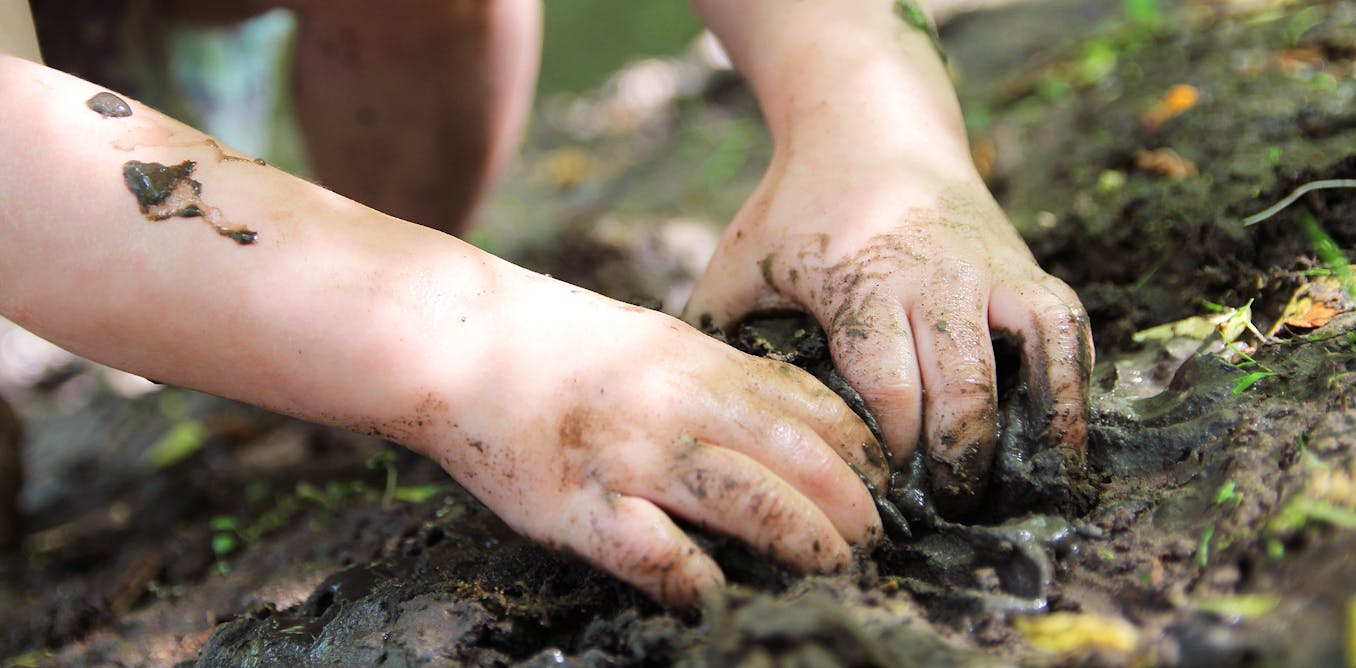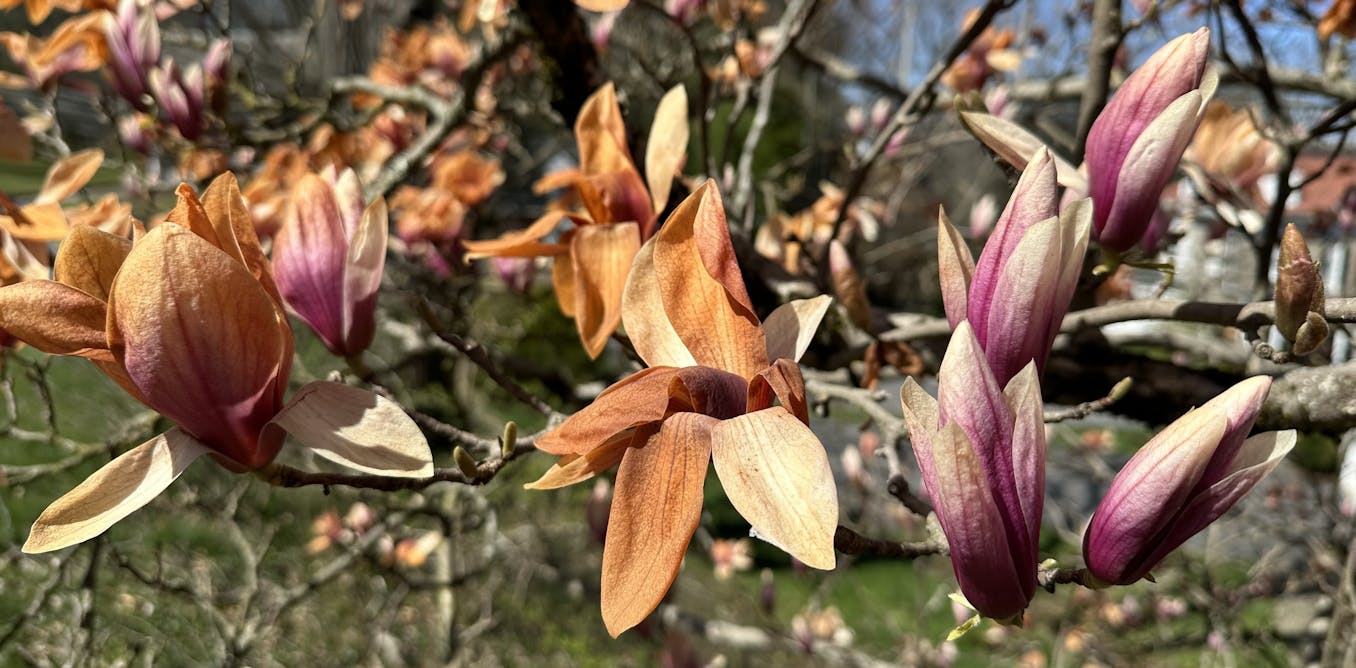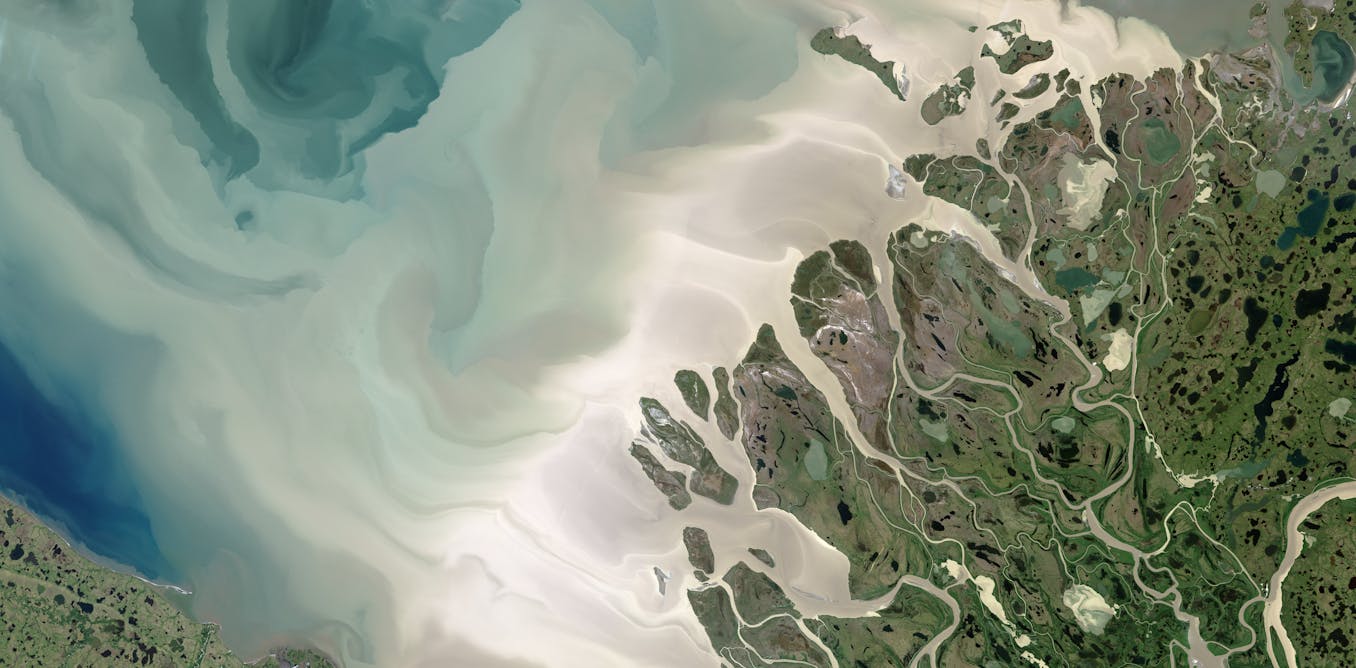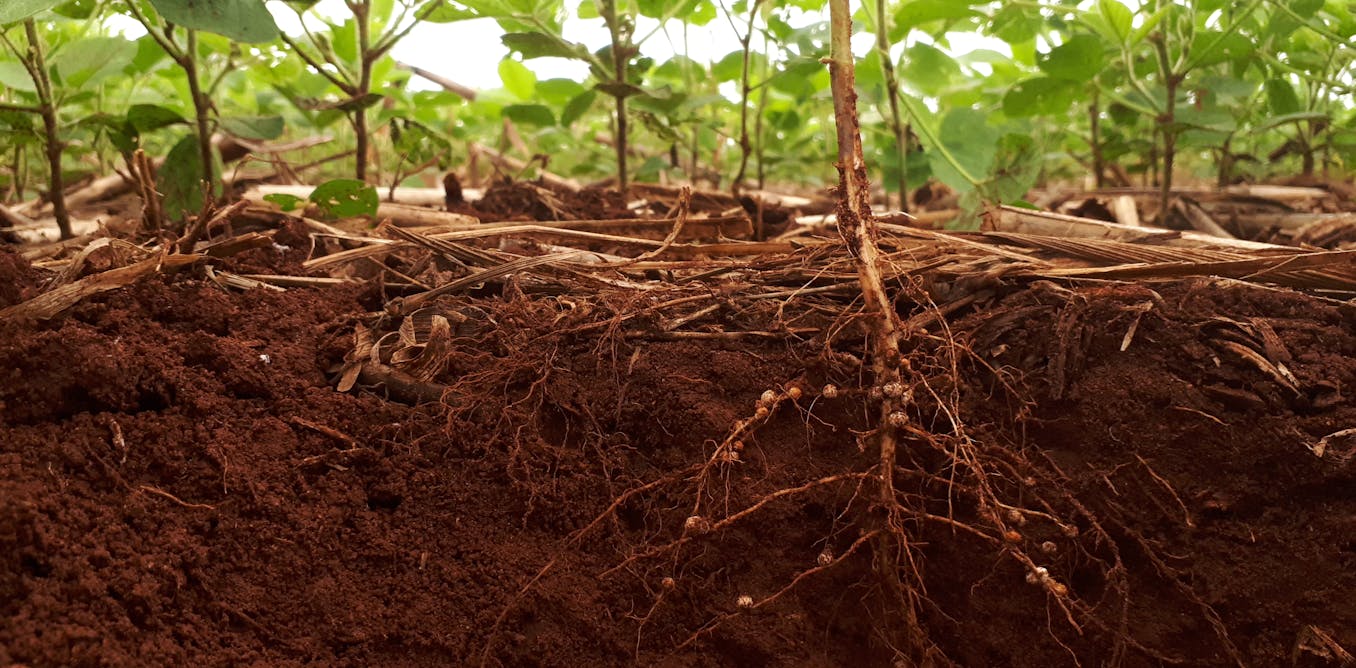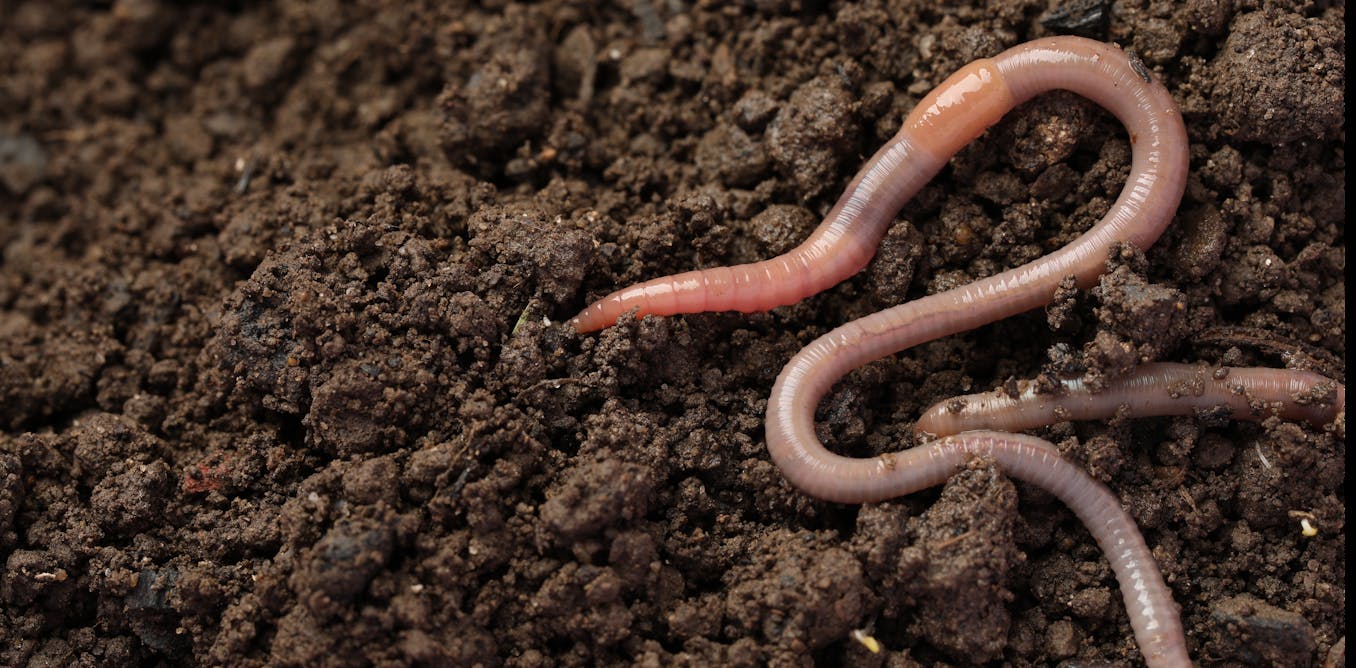What is dirt? There’s a whole wriggling world alive in the ground beneath our feet, as a soil scientist explains
Rock dust is only part of the story of soil. Living creatures, many of them too tiny to see, keep that soil healthy for growing everything from food to forests.
March 25, 2024 • ~7 min
Climate change is shifting the zones where plants grow – here’s what that could mean for your garden
The US Department of Agriculture has updated its plant hardiness zone map, which shows where various plants will grow across the country. Gardeners should take note.
March 22, 2024 • ~10 min
Arctic rivers face big changes with a warming climate, permafrost thaw and an accelerating water cycle − the effects will have global consequences
A new study shows how thawing permafrost and intensifying storms will change how water moves into and through Arctic rivers.
March 5, 2024 • ~8 min
Forever chemicals in ski wax are being spread on snowy slopes
Synthetic chemicals found in ski wax have been found in the snow and soil on ski slopes and could pose a toxic threat to the environment.
Feb. 12, 2024 • ~7 min
Secrets of soil-enriching pulses could transform future of sustainable agriculture
New technology could unlock the soil-enriching nitrogen-fixing ability of legumes…and one day apply this to other crops too.
Feb. 8, 2024 • ~7 min
Your microbes live on after you die − a microbiologist explains how your necrobiome recycles your body to nourish new life
With the help of the microbes that once played an essential role in keeping you alive, the building blocks of your body go on to become a part of other living things.
Sept. 28, 2023 • ~8 min
/
6

